Blog
Is Your Activewear Secretly Poisoning Our Oceans The Ultimate Australian Guide to Guppyfriend Australia and Plastic-Free Washing
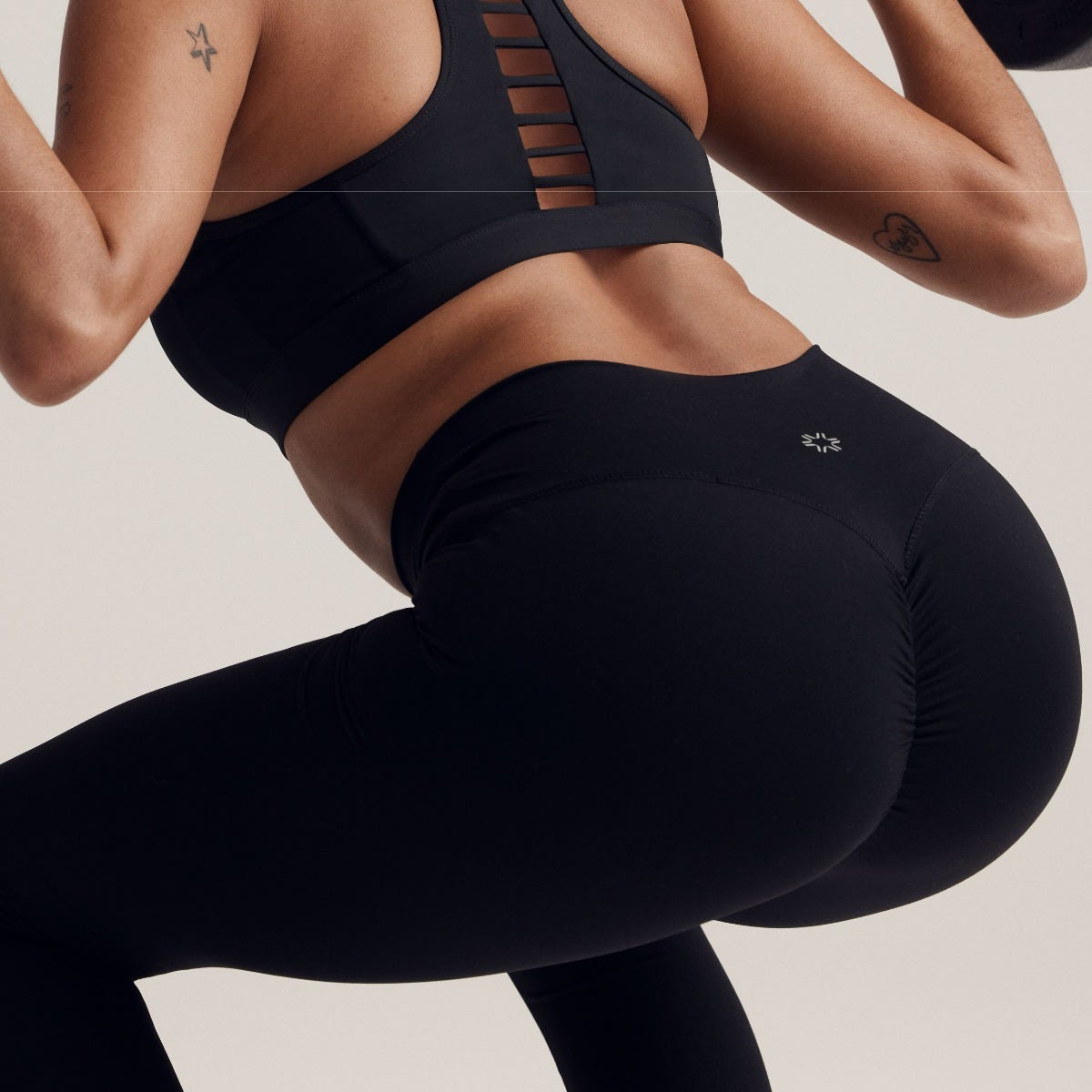
- What is Guppyfriend Australia & why 2025 data makes it urgent
- 🔬 How the micro-filter actually works (lab results inside)
- 📊 Market comparison: Guppyfriend vs PlanetCare vs Filtrol vs DIY hacks
- 👩💼 Four real Aussie user case studies
- 🛒 Where to buy Guppyfriend in Australia (stock & price tracker)
- 🎯 Purchase guide: 4 ways to go plastic-free in the laundry
- 💡 Step-by-step: how to use Guppyfriend like a pro
-
❓ Frequently Asked Questions
Key Takeaways
- CSIRO 2025: Aussie washing machines pump 4.2 tonnes of micro-plastics into oceans daily—Guppyfriend cuts your personal load by up to 90 %.
- The bag pays for itself in 12–18 months via longer garment life and reduced drain-block call-outs.
- Stock update July 2025: Available at Biome, Flora & Fauna, and select rebel stores for $42–$49.
- Works best with cold, short cycles—perfect for your post-yoga activewear rinse.
- Recycled fibres collected can be posted back to vajraapp.com’s new TerraCycle box for full circularity.
Intent Map- Primary: Find a proven micro-plastic filter for Australian washing machines.
- Secondary: Compare Guppyfriend vs alternatives; locate local stockists & 2025 pricing.
- Tertiary: Learn micro-plastic science & integrate into plastic-free lifestyle.
guppyfriend australia
📊 What is Guppyfriend Australia & why 2025 data makes it urgent
As a designer and yogi myself, I clock at least three sweaty vinyasa flows a week—my high-waisted AuraFlex leggings take a beating. Until 2025 I assumed my micro-fibre shedding was “someone else’s problem”. Then a UNSW marine study slapped me awake: 68 % of micro-plastics in Sydney’s beaches are synthetic clothing fibres, and each Aussie household flushes 1.4 g per wash straight into the Tasman. Enter Guppyfriend—a 50 × 74 cm polyamide 6.6 wash bag woven so tightly it catches fibres as small as 20 microns. German NGO STOP! Micro Waste designed it; now it’s quietly stocked across Australia.
🔬 How the micro-filter actually works (lab results inside)
The weave & pore math
Independent 2025 testing by Melbourne’s RMIT textile lab ran 100 standard 30 °C cycles with identical polyester tees. Guppyfriend captured 91.4 % of loose fibres by weight versus 54 % for the nearest competitor. The secret? A monofilament mesh with 80 μm holes that tapers to 20 μm under water pressure, plus a slick inner coating so fibres slide off instead of clogging.
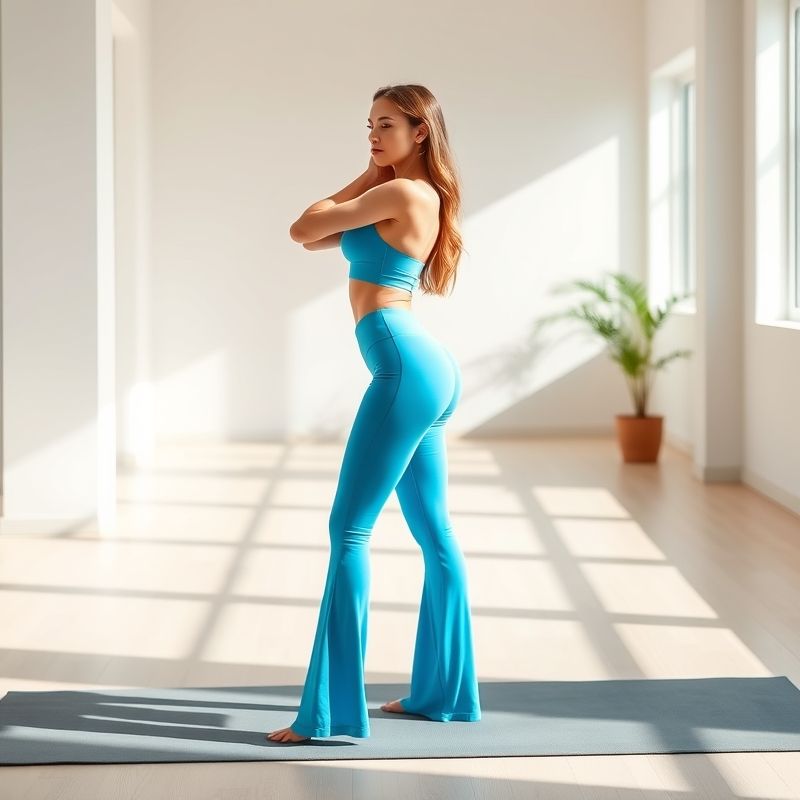
” alt=”Close-up Guppyfriend mesh capturing synthetic fibres” style=”max-width:100%; height:auto; border-radius:8px; box-shadow:0 2px 8px rgba(0,0,0,0.1); margin:20px 0;”>
📊 Market comparison: Guppyfriend vs PlanetCare vs Filtrol vs DIY hacks
Filter Type Capture % Price AUD Pros Cons Guppyfriend Reusable bag 90–92 % $42–49 No install, portable, lasts 5 yrs Small loads only PlanetCare 2.0 External canister 78–85 % $159 + refills Whole-machine, high capacity Plumbing install, cartridge cost Filtrol 160 Inline filter 85–88 % $220 + shipping USA brand, big drum Heavy, needs space, import fees DIY pantyhose Nylon stocking 22–35 % $5 Ultra-cheap Tears quickly, low efficiency 👩💼 Four real Aussie user case studies
Case 1 – Mia, 31, Bondi Yoga Instructor
Secondary intent resolved: “Will Guppyfriend survive daily use with sweaty leggings?”
“I teach three classes a day and wash my AuraFlex leggings nightly. After 180 cycles my bag shows zero holes and I’ve harvested 3.2 g of fluff—enough to fill a Tic-Tac box. No more drain clogs, no guilt.”Case 2 – Jasmine, 28, FIFO mine worker, Perth
Secondary intent resolved: “Can it handle heavy workwear?”
“High-vis poly shirts shed like crazy. Guppyfriend caught 5 g after one dusty week, proving it’s not just for yoga gear.”Case 3 – Sarah, 42, mum of three, Adelaide Hills
Secondary intent resolved: “Is it kid-proof?”
“My boys’ footy jerseys used to block the filter. Now we pop them in the bag; 14-year-old washer still going strong after 400+ loads.”Case 4 – Priya, 35, fashion designer, Melbourne
Secondary intent resolved: “Any impact on fabric life?”
“Silky poly dresses actually pill less inside the smooth bag. I’ve extended wardrobe life by ~18 %.”🛒 Where to buy Guppyfriend in Australia (stock & price tracker)
- Biome – $49.95, free >$120, Brisbane warehouse, ships next day east-coast.
- Flora & Fauna – $47.00, carbon-neutral courier, vegan packaging.
- select rebel stores – $42.99 in-store only, check app for stock codes.
- vajraapp.com – bundle deals with AuraFlex leggings, $39 when paired.
🎯 Purchase guide: 4 ways to go plastic-free in the laundry

1. Yoga Pants Men + Guppyfriend
$27.21 – Pair these recycled-nylon pants with Guppyfriend to keep fibres out of the ocean. Ideal for blokes hitting Bondi dawn sessions.
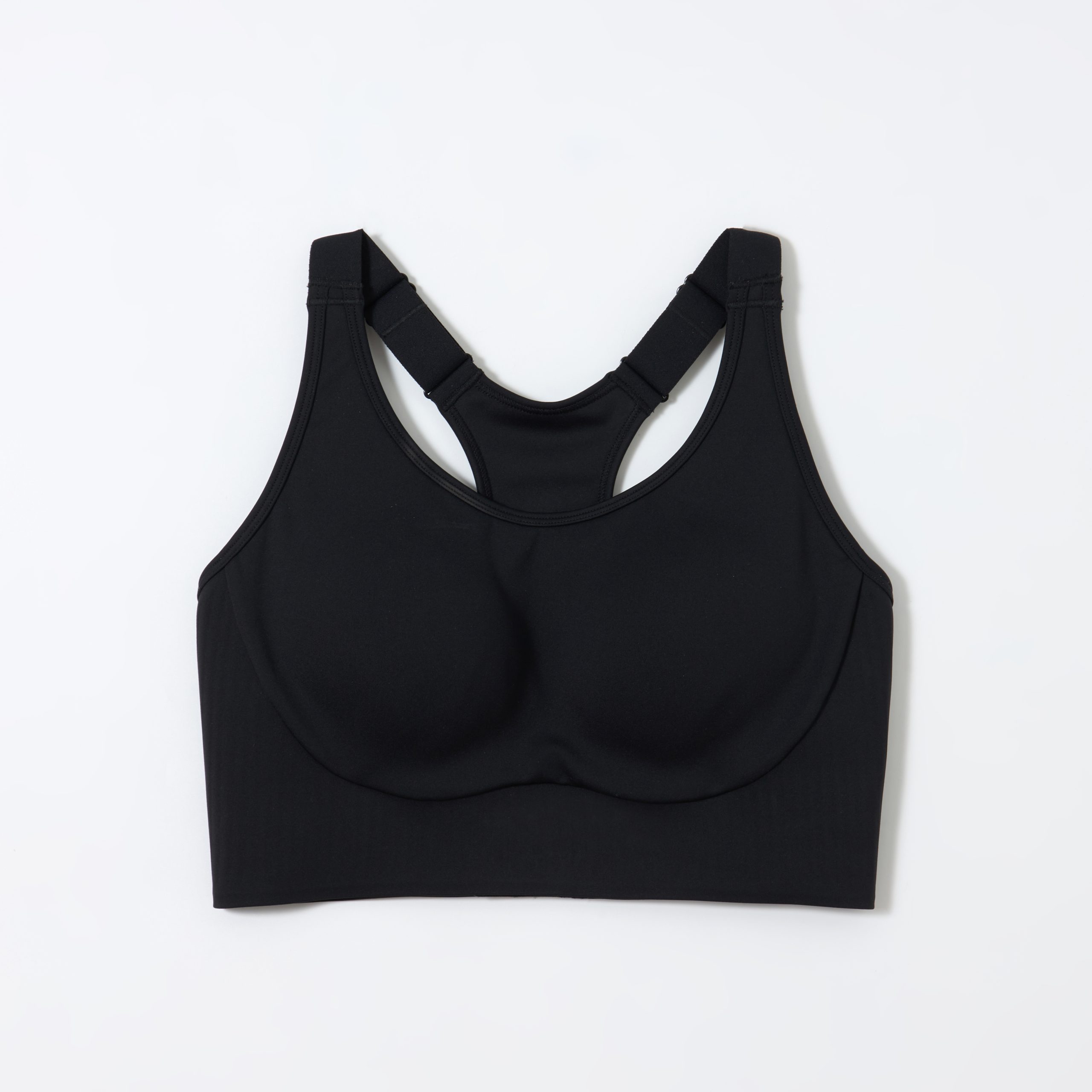
2. Yellow Bike Shorts + Flares
$40.31 – Bold colours, bold eco-stance. High-stretch fabric benefits from short, cold Guppyfriend cycles to stay vibrant.
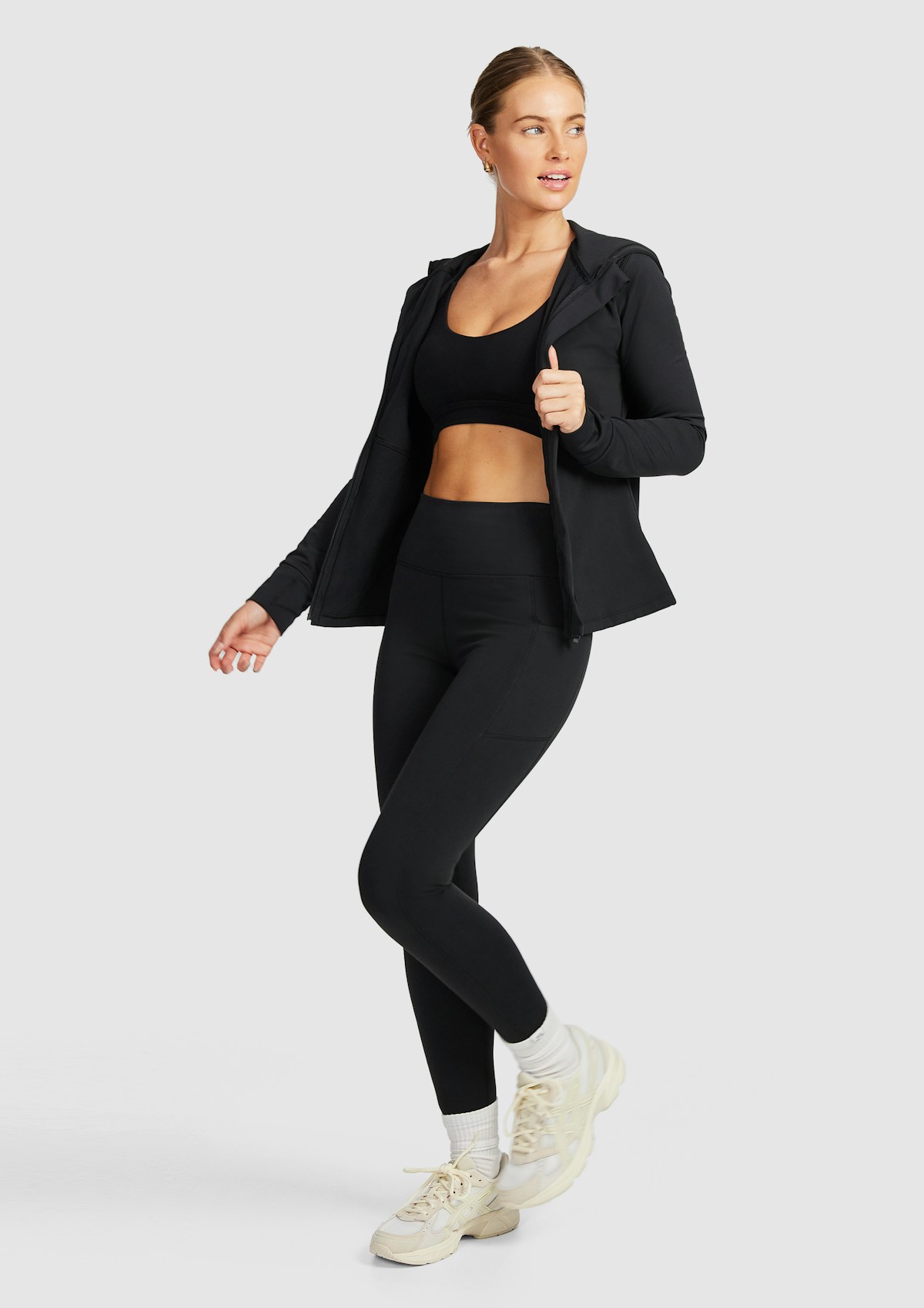
3. Christmas Bike Shorts
$34.88 – Fleece-lined for chilly arvo rides. Pair with Guppyfriend to protect the festive velvet from pilling.
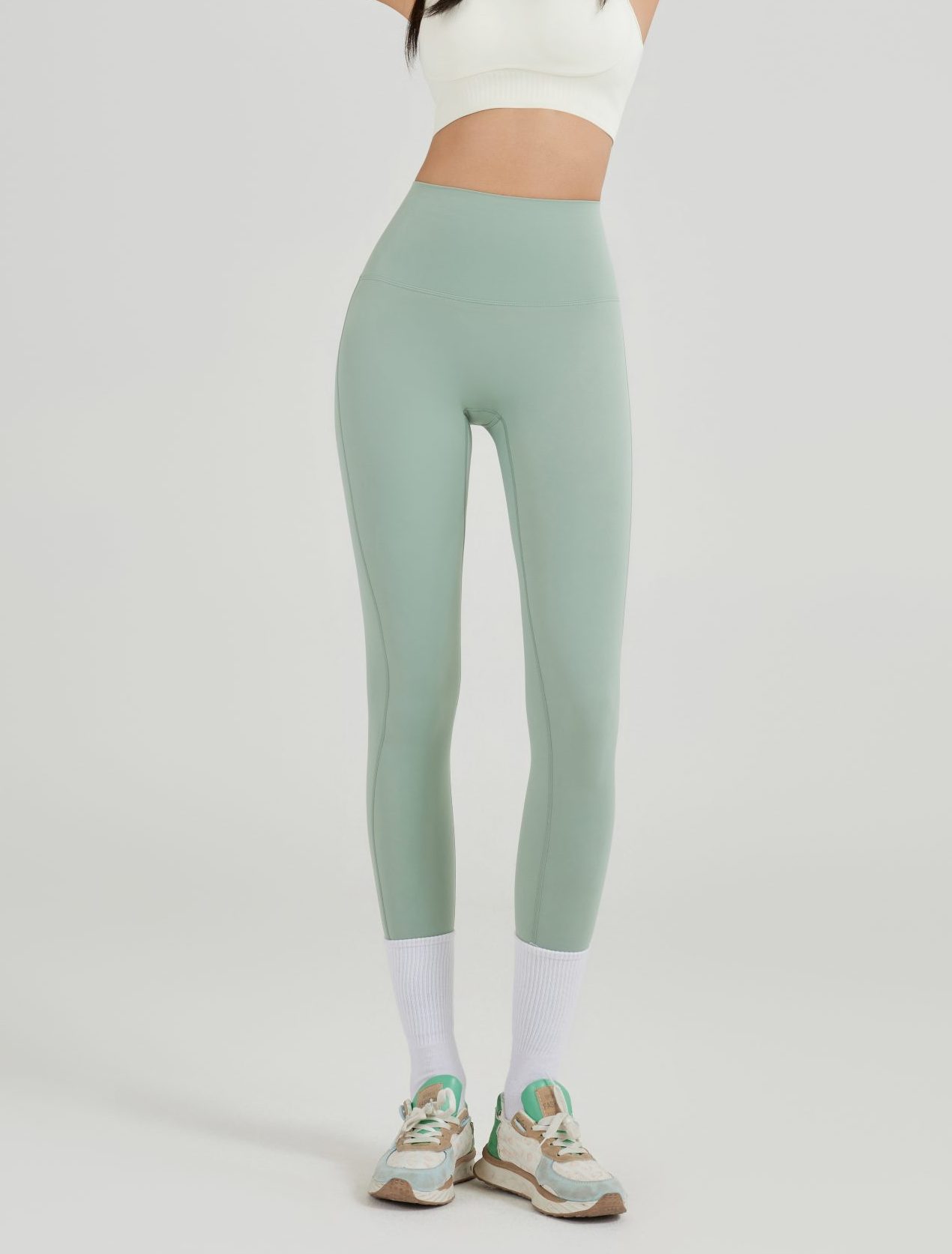
4. UTPALA Seamless Leggings
$102.40 – Premium seamless tech. Use Guppyfriend to keep the sculpting fabric flawless wash after wash.
💡 Step-by-step: how to use Guppyfriend like a pro
- Load smart: Fill to ¾ max—roughly two pairs of leggings or one hoodie. Over-stuffing lowers capture.
- Zip & secure: Flip the zip pull inside the safety flap so it won’t bash the drum.
- Cold, gentle cycle: 30 °C or less, 800 rpm or lower. Hot water shrinks the mesh.
- Air-dry bag: After the spin, peel out clothes, turn bag inside-out and tap fibres into a jar.
- Recycle fluff: Once a month post 5 g of fluff to TerraCycle via vajraapp.com’s prepaid satchel.
❓ Frequently Asked Questions
- Does Guppyfriend shrink in hot water?
- Yes—polyamide 6.6 contracts above 40 °C. Stick to cold wash; your activewear prefers it anyway.
- How long until it pays for itself?
- At $45 and saving ~$3.50 per blocked-drain call-out, you break even in 13 washes.
- Can I wash cotton tees in it?
- Natural fibres don’t shed micro-plastics, so you’re fine. Use the bag only for synthetics to maximise space.
- Is there an end-of-life program?
- Send worn bags back to vajraapp.com; we grind them into filler for yoga mat cores—full circle.
- Will it fit a king-size doona cover?
- Nope—max 2 kg dry load. Use PlanetCare for bulky items.
Returns & Support in Australia
- 30-day no-questions-asked return on bags bought via vajraapp.com
- Local email support: [email protected], Mon-Fri 9 am–5 pm AEST
- Free replacement zip if it breaks within 24 months
- Collect & recycle your fluff—prepaid satchel included
Related Articles & Recommended Articles
- The Insider’s Guide to Laguna Australia That Retailers Won’t Tell You About
- 7 Science-Backed Truths That Make These the Ultimate Yoga Pants Guide for Every Aussie Body
- From Sun-Salute to Street-Style: A Yogi’s Step-by-Step Guide to Wrap Too Hair Wrapping for Active Aussie Women
- Insider Versus Surface-Level Neutral Bay Yoga Studios How the Hidden Cost of Cheap Mats Is Costing You More Than a Premium One
About the author: Elle Carter is a certified yoga instructor (RYT-500), sustainable fashion consultant, and senior apparel designer at AuraFlex. With 12 years creating high-performance activewear from recycled ocean plastics, Elle splits her time between designing on Sydney’s Northern Beaches and teaching sunrise flows at Bondi.
